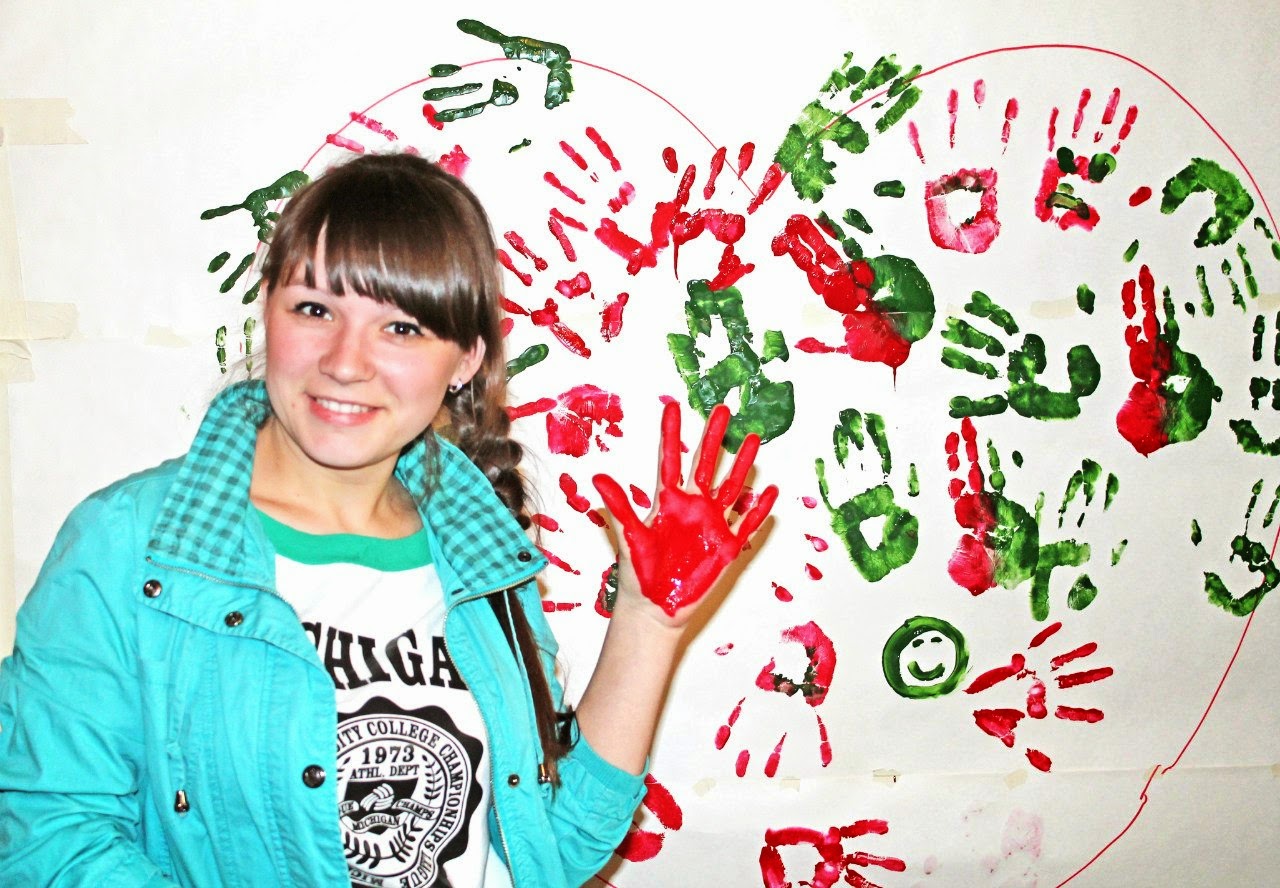One of the natural
wonders I have had the privilege to visit here is Lake Baikal
in southeast Siberia. The deepest and perhaps the
most ancient large lake in the world, it contains approximately 20%
of the planet's unfrozen fresh water. When we recently planned a
retreat of our church's Central and Eastern Siberia region to be
hosted by the nearby congregations in Irkutsk and Shelekhov, we
thought that we should start by taking out-of-town guests (many of
whom had never been to Baikal before) for a visit.
It was my 3rd trip
to the great lake, and I was struck again by how at the most
accessible location (the source of the Angara River near Listvyanka)
you don't really realize how unique the lake is. A stop at the
natural history museum changed that impression, thanks especially to
a great tour guide – a researcher in the area of climate change. I
was most struck by what he had to say about the lake's 1000+ endemic
species, i.e. those organisms that live in Baikal and nowhere else on
the planet. They all have adapted to their environment so well that
they are unable to survive elsewhere. When I heard about the fat and
lovable Baikal seals,
the golomyanka fish (mostly transparent, gives
birth to live young, able to survive at most any depth), and the
supreme-water-cleaning crustaceans , all of which have no home other
than Baikal, I felt overcome with sadness. It was a completely
illogical reaction to scientific fact, I know. Maybe it has something
to do with the volatile emotional environment of life in Russia at
the moment. Or maybe it is because I couldn't help but comparing
endemic organisms to our Lutheran church in Russia. Our approach to
Christian faith originated in Europe and has adapted very well to
north European and North American environments... it seems to be on
the way to adapting to the warmer waters of Africa...but what about
here, in the world's largest “lake,” Russia? Can it survive here?
I didn't have much
time to contemplate that question, however, because we soon had to
leave Baikal in order to make it on time to the “Blue Spruce”
center, where we would meet for our retreat.
My time with
congregational members did much to disperse my doubt regarding the
viability of our church here. There I saw people (almost 40 of them!)
who strove to grow and develop, to apply their faith to everyday
life, even if the environment is not particularly welcoming. The
theme that our staff in Omsk, Natasya Razinkova and Natalia Sivko,
chose for the seminar - “Ironman” - fit very well for this group.
Participants were also well supported (both in logistical and in
spiritual questions) by Pastor Thomas Graf Grote and by me as the
person responsible for the “Equipping for Service” project. Even
if we had a limited amount of time together, we were able to hear
something new, to reinforce some of what we already knew, to share
with one another, pray with one another, and to sing together...
Actually, regarding music, I must say that there wasn't too much
“together”-ness. It turns out that the development of various
singing styles is part of the local adaption that takes place in each
of our congregations in its own way.
After the seminar
was over, I would have been happy to visit Baikal again. Next time,
you see, I'm sure that I won't feel sad. Instead I know understand
that God created nature (and us together with it) with the capacity
to find new paths to abundant life, wherever we may be. Maybe our
church is just one tiny “microorganism” in this enormous country,
but it also has an important place here. Without it, the environment
would be poorer and would suffer. I think we can embrace this
identity and go forward in the confidence of the Spirit's
accompaniment of us along the way.










No comments:
Post a Comment